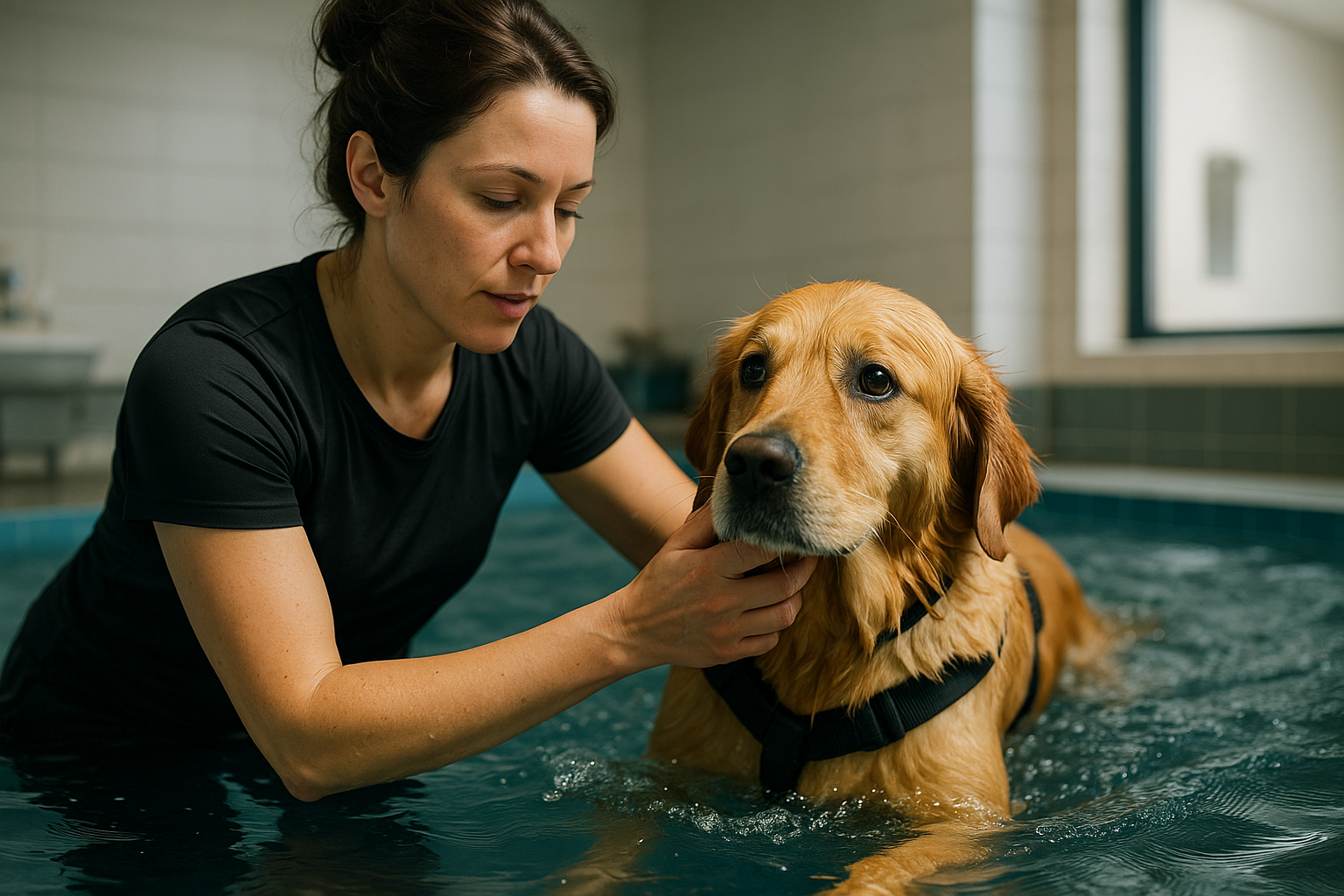Top Pet Companions to Consider Adopting in 2025: A Guide to Loving, Low-Stress Animals
Choosing the right pet can enrich daily life and provide lasting companionship. This guide highlights some of the top pet companions to consider adopting in 2025, from affectionate dogs and independent cats to smaller low-maintenance animals. It also considers key lifestyle factors like space, activity level, and care requirements to help match potential owners with the best fit.

What Makes Dogs the Most Popular Choice for Pet Adoption?
Dogs remain the top choice among companion animals for good reason. They offer unmatched loyalty, emotional intelligence, and adaptability to various living situations. Smaller breeds like Cavalier King Charles Spaniels and French Bulldogs are excellent for apartment living, while medium-sized breeds such as Golden Retrievers and Labrador Retrievers work well for families with yards. These breeds typically require daily walks, regular grooming, and social interaction, making them ideal for active households seeking an engaged companion.
Are Cats Ideal Low-Maintenance Pets for Busy Lifestyles?
Cats consistently rank among the best pets to adopt in 2025 due to their independent nature and lower daily care requirements. Indoor cats require minimal space, making them perfect for urban living. Popular breeds like British Shorthairs and American Shorthairs are known for their calm temperaments and adaptability. Unlike dogs, cats don’t need daily walks, though they do require regular veterinary care, quality nutrition, and mental stimulation through toys and climbing structures.
Which Small Animals Make Great Apartment Companions?
Small animals offer excellent alternatives for those seeking low-maintenance pets without sacrificing companionship. Guinea pigs are social creatures that enjoy interaction and can learn simple tricks. Rabbits, when properly socialized, can be litter-trained and form strong bonds with their owners. Hamsters and gerbils require minimal space and are perfect for beginners, though they’re more suitable for observation than handling. These top companion animals typically live 2-8 years depending on the species.
What Should First-Time Pet Owners Consider When Choosing a Pet?
First-time pet owners should carefully evaluate their lifestyle, living space, and time commitment before adopting. Consider your work schedule, travel frequency, and activity level. Pets like fish or small birds require less daily interaction but still need consistent care. Dogs and cats require more attention but offer greater emotional rewards. Research local veterinarians, pet supply stores, and boarding facilities in your area before bringing your new companion home.
How Do Regional Pet Adoption Trends Vary Across the United States?
Pet adoption patterns in the United States show interesting regional variations that reflect local lifestyles and housing situations. Urban areas like New York and San Francisco see higher adoption rates for smaller breeds and cats, while suburban and rural areas favor larger dogs. The American Pet Products Association reports that approximately 70% of U.S. households own pets, with dogs leading at 38% and cats at 25%. Southern states tend to have higher rates of mixed-breed adoptions, while Western states show preferences for specific breeds suited to outdoor activities.
What Are the Real Costs of Pet Ownership in 2025?
Understanding the financial commitment of pet ownership helps ensure you’re prepared for your new companion. Initial adoption fees vary significantly based on location and animal type, while ongoing expenses include food, veterinary care, and supplies.
| Pet Type | Initial Setup Cost | Monthly Expenses | Annual Veterinary Care |
|---|---|---|---|
| Small Dog | $500-$800 | $50-$100 | $400-$800 |
| Large Dog | $700-$1,200 | $80-$150 | $500-$1,000 |
| Cat | $300-$600 | $40-$80 | $300-$600 |
| Guinea Pig | $200-$400 | $20-$40 | $100-$300 |
| Rabbit | $300-$500 | $30-$60 | $200-$400 |
Prices, rates, or cost estimates mentioned in this article are based on the latest available information but may change over time. Independent research is advised before making financial decisions.
Conclusion
Selecting the right pet companion for 2025 involves balancing your lifestyle needs with the animal’s requirements for care, space, and attention. Whether you choose a loyal dog, independent cat, or smaller companion animal, successful pet ownership begins with honest self-assessment and proper preparation. Research local shelters and rescue organizations in your area, as they often provide valuable guidance and support throughout the adoption process. The reward of pet companionship makes the commitment worthwhile, offering years of mutual affection and shared experiences.




